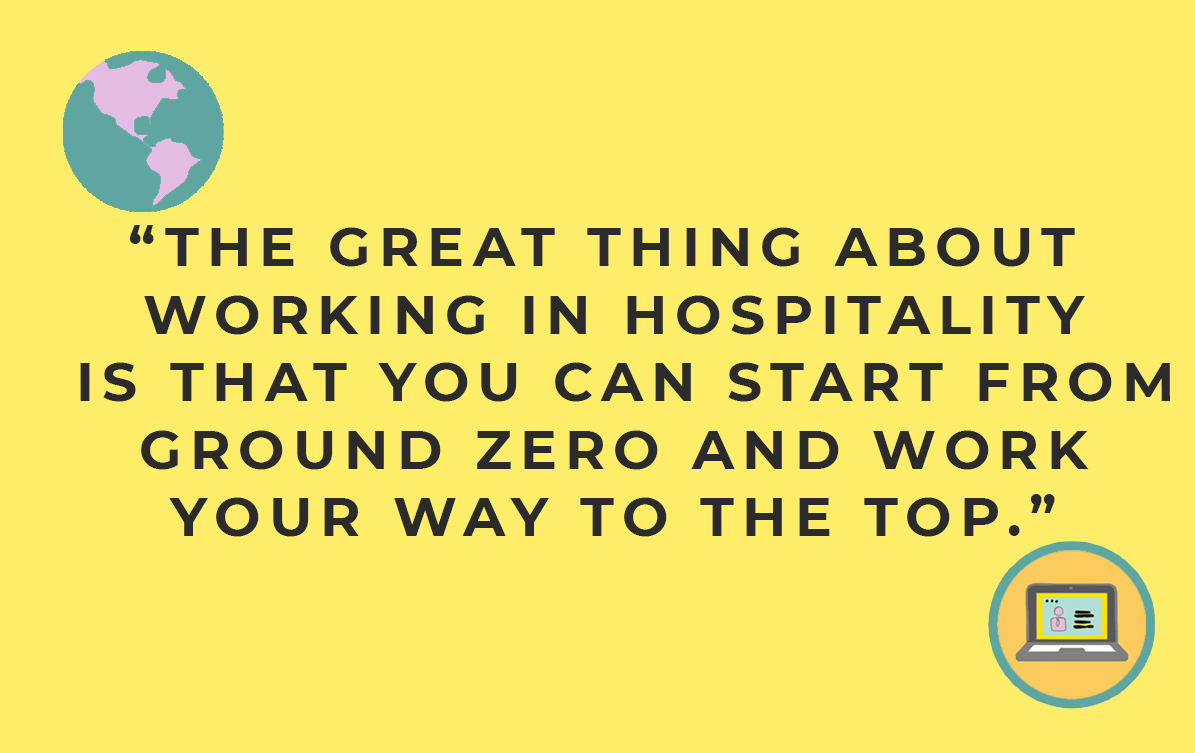Like many others of you I’ve never experienced anything quite like what we’re all going through and I sincerely hope that we never will again. To say I’m feeling more anxious as a result would be an enormous understatement!
CORONAVIRUS has infiltrated every sector of modern life, impacting businesses and the economy in particular. But what long-lasting impact could COVID-19 have on jobs?
Coronavirus has forced individuals, families and businesses into emotional and financial turmoil. According to a survey conducted in March, young people are most concerned about the long-term impact of coronavirus on their finances, the unemployment rate and their wages. Express.co.uk speaks to a financial expert about the long-lasting impact of coronavirus on the employment market.
The UK’s economic output is projected to drop by 15 percent in the second quarter of 2020 and unemployment may double.
Britain is facing the possibility of the deepest recession since the financial crisis.
A recession is defined as two consecutive quarters of falling GDP, meaning economic activity is falling for a prolonged duration.
Each business and industry is feeling this recession differently.
Some employees are able to work from home, however, others such as builders, bar staff and hairdressers cannot work from their homes in the current climate.
UK job vacancies have plummeted in the three months to March according to official statistics.
The Office for National Statistics (ONS) has said the number of job vacancies plunged by 52,000 by 795,000 for the quarter.
The report found the manufacturing and retail sectors saw the biggest declines in hiring over the period.
Express.co.uk speaks to Jennifer Johansson, CEO of the recruitment platform Placed about the long-term impact of COVID-19.
Ms Johansson said currently the hardest hit sector is hospitality because more than 70,000 pubs, bars and restaurants have been forced to close.
In March, Prime Minister Boris Johnson implemented a nationwide lockdown ordering all non-essential businesses to shut.
The financial expert added: “Businesses that run on a smaller scale are particularly vulnerable.
“They face uncertain times as they navigate how they effectively prepare for the unknown.
“Unforeseen closures have also meant they need to ensure plans are in place to overcome any cashflow issues they have encountered in the face of the pandemic as well as any debts associated with the running costs integral to keep their businesses afloat.”







Leave A Comment